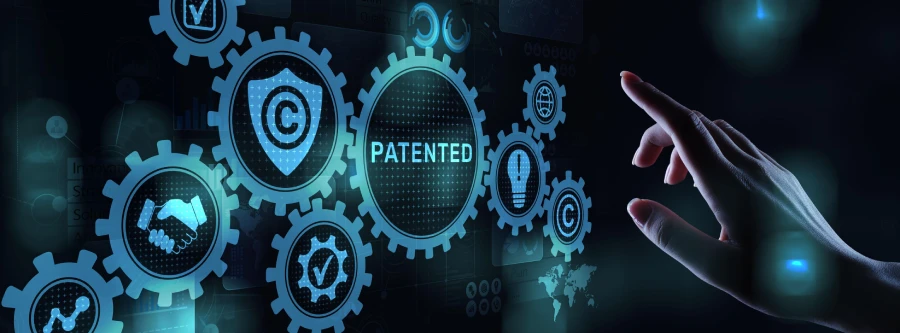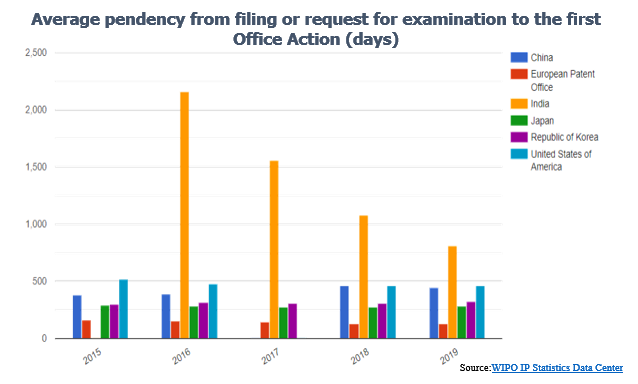
India’s Parliamentary Committee Presents Report 161 titled “Review of the Intellectual Property Rights Regime in India”
As India progresses in all areas of study, from science to literature to technology, credit for intellectual property is a large subject that has come under scrutiny. The intellectual property rights (IPR) in India have remained vastly unchanged and unreviewed over the past few years. The Department Related Parliamentary Standing Committee on Commerce, composed of 11 Rajya Sabha (Upper House) and 21 Lok Sabha (Lower House), presented a 153 page report to the Indian Parliament titled, “Review of the Intellectual Property Rights Regime in India” (Report No. 161) on July 23, 2021. In this report, the committee pointed out the “challenges in strengthening IPR regime, the related procedural and substantive constraints, legal aspects and other issues such as low awareness of IPR, counterfeiting and piracy, IP financing, and IPRs in agriculture and pharmaceutical sector, etc.” In May of 2016, the National IPR Policy was adopted, which included raising awareness, writing and passing legislation, and modernizing IPR-related services. The report reviewed the success and failures of this policy and made many recommendations for changes to the Department for Promotion of Industry and Internal Trade.
A comparison between India’s IPR regime and the US and China’s IPR regimes reveals abysmal statistics. The report states, “The Committee is distressed to note that in the year 2019, only 24,936 patents were granted in India which is considerably low as compared to 354,430 and 452,804 patents granted in U.S. and China respectively. Also, the rate of increase in the number of patents in India in the last four years has not been very impressive compared to that seen in U.S. and China. It is a matter of concern that less filing and grants of patents in India is co-related to a microscopic spending on Research and Development activities which is a meager 0.7 per cent of India’s GDP.” Read more
India Gives Birth to IP Division in Delhi High Court
“The Delhi High Court, on the recommendations of a two-member judge committee, recently announced the creation of the Intellectual Property Division (IPD). The IPD will act as specialized benches in the high courts and will deal with all original proceedings and appellate proceedings.” Read more
In addition, the Delhi High Court is also formulating comprehensive rules for the newly created IPD. A separate committee has been constituted to prepare the “Delhi High Court Patent Rules” which shall govern the procedures for adjudicating patent disputes before the Delhi High Court.
Expedited Handling of Patent Applications by USPTO

About Us
Davé Law Group (“DLG”), registered in Virginia, USA, was founded by Prof. (Dr.) Raj S. Davé, a patent attorney in the US. He was previously a partner at Pillsbury Winthrop Shaw Pittman LLP and Morrison Foerster in the US.
DLG’s core strengths are in the areas of IP Counseling, Patent Preparation, Patent Prosecution, Patent Opinions, Post-Grant Patent Reexamination, Patent Searches, IP Due Diligence, and Litigation Management. Know more
Davé Law Group received a US patent application (Application No. 17/308,303) allowance in a record time of 2.2 months (9 weeks and 5 days) from filing.
The U.S. Patent Office has implemented new and effective mechanisms for the speedy examination of patent applications. The average pendency time from filing to first action was shortened to 13.3 months in 2020, which was the lowest since January 2002.

